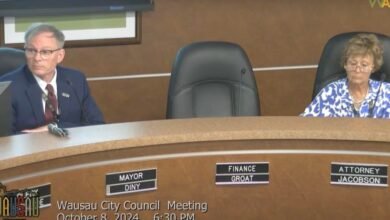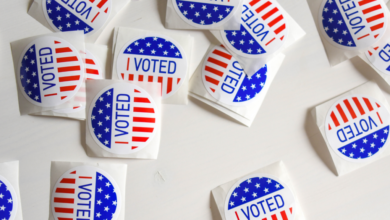Files amicus brief in U.S. Supreme Court to defend girls sports – WisPolitics

The News: The Wisconsin Institute for Law and Liberty (WILL) has filed an amicus brief in the United States Supreme Court case, West Virginia v. B.P.J. On behalf of the Empowered Community Coalition parent association, WILL has asked the Court to take the case and clarify that state laws separating sports by sex are permissible under federal law and consistent with the original intent of Title IX.
The Quotes: WILL Education Counsel, Cory Brewer, stated, “As an attorney, a mom, and a former college athlete, it is inspiring to represent parents who are advocating to ensure that women and girls today have every opportunity to thrive in sports, as Title IX originally intended. The U.S. Supreme Court now has a critical chance to reaffirm these protections and preserve the integrity of girls’ sports for future generations.”
Additional Background: The Court in this case has the opportunity to reaffirm the protections Title IX maintains. Congress enacted Title IX so female students have equal access to the benefits and opportunities available to male students. It explicitly permits sex-separated sports teams as well as separate facilities such as bathrooms and locker rooms.
Nonetheless, Title IX has recently been turned on its head by several federal court decisions that have dramatically redefined the word “sex.” When Title IX was adopted, “sex” undoubtedly referred to “biological sex,” which was understood to mean male or female. Changing the definition of “sex” to include “gender identity” has forced schools to implement policies that directly contradict the original purpose of Title IX.
The federal court decisions that have interpreted “sex” to include “gender identity” have many dire consequences. First, the safety and opportunities of female students are continuously at risk. As expressed by many families from Wisconsin and nationwide, there are grave concerns about eliminating not only their daughters’ athletic opportunities but their privacy in bathrooms and locker rooms.
Furthermore, some of the district court decisions contradict each other—causing a circuit split which has left schools with the burden of implementing policies that will both support their female students and withstand a legal challenge. If the U.S. Supreme Court agrees to take this case, it will have the opportunity to ensure that schools across the country—pre-K through higher education—act consistently and fairly under Title IX for the rights of female students.
Read More:
Source link



